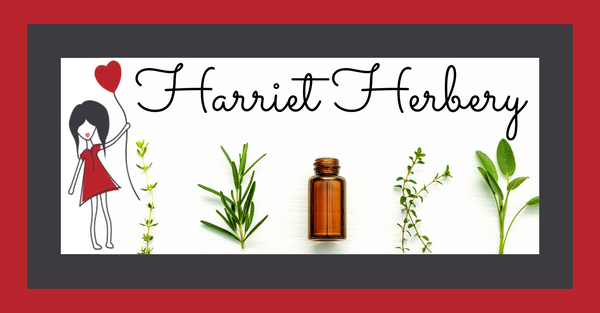Lime - Essential Oil - 10ml
Lime - Essential Oil - 10ml
Name: Lime essential oil
Botanical Name: Citrus aurantifolia (Christm.) Swingle
Family: Rutaceae
Plant Part Used: Peel or zest
Extraction Method: Cold Pressed
Perfumery Note: Top
Aromatic Intensity: Medium
Aromatic Description: Fresh, sharp, citrus, fruity
Colour/Characteristics: Clear to pale yellow
Chemical Composition: α-pinen, ß-pinene, myrcene, α-terpinene, limonene, 1,8-cineole, y-terpinene, terpinolene, nonanal, linalool
Blends Well With: other citrus oils, frankincense, sandalwood, peppermint, lavender, ginger, rosemary, sweet fennel and florals such as ylang ylang, geranium
Properties/Uses: Antimicrobial, antiseptic, digestive, antidepressant, antiviral astringent, bactericide, carminative, disinfectant, febrifuge, stimulant, antispasmodic, anxiolytic, diuretic, nervine, chemoprotective, anticarcinogenic. Lime essential oil may be used to help treat a poor or sluggish digestive system, inflammatory bowel disorders, acne, oily skin, the overproduction of sebum, fluid retention, cellulite, muscle spasms, muscular and joint aches and pains, arthritis, headaches, influenza, throat infections.
Energetics: Lime essential oil may be used to help relieve general fatigue and weakness, mental fogginess and fatigue, poor concentration, negative, thinking, pessimism and depression. Lime is considered uplifting and can help to calm and strengthen when we are feeling agitated, anxious, irritable and restless. Lime can also help to clear and cleanse our space as well as offering psychic protection.
Use: Direct inhalation, diffuse, oil burner, oil vaporiser, skin care, massage, ointment, salve, balm, bath.
Safety: Phototoxic. Can be sensitising if oxidised. Tisserand & Young recommend to not expose skin to sunlight or sunbed for 12 hours after skin application. The IFRA recommend a maximum dermal limit of 0.7% in topical leave on products. Has GRAS status.
Other Information: Citrus oils are easily oxidised. It is often best to keep them in a fridge. Ensure that the bottle does not have too much air in it. Personally if I have purchased a 10ml bottle and find myself with say 3 ml left, I will decant that into a smaller bottle to extend shelf life to prevent oxidisation. You will smell when oils are rancid. If your citrus oil becomes rancid over the years, simply put into a spray bottle with some distilled water and use as an antibacterial spray in your shower or toilet areas.
Conservation Status: Not listed
We do not recommend these products as a replacement for traditional medicine.
Do Not Ingest.
Do Not Use Undiluted.
Keep Out Of Reach Of Children.
Discontinue Use If Irritation Occurs.
Couldn't load pickup availability
Share


